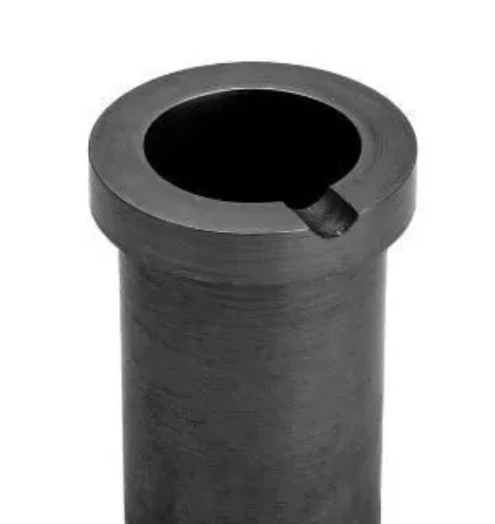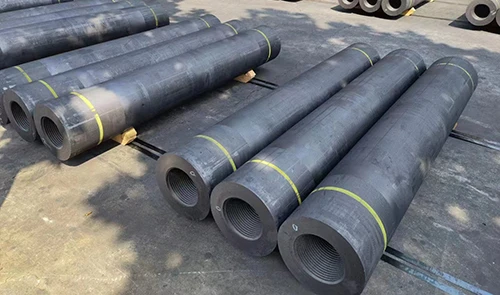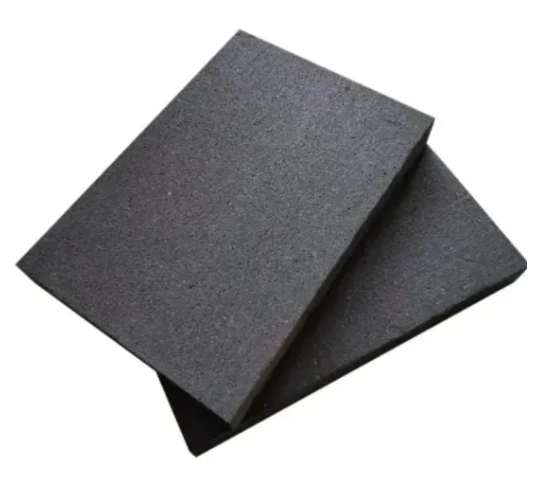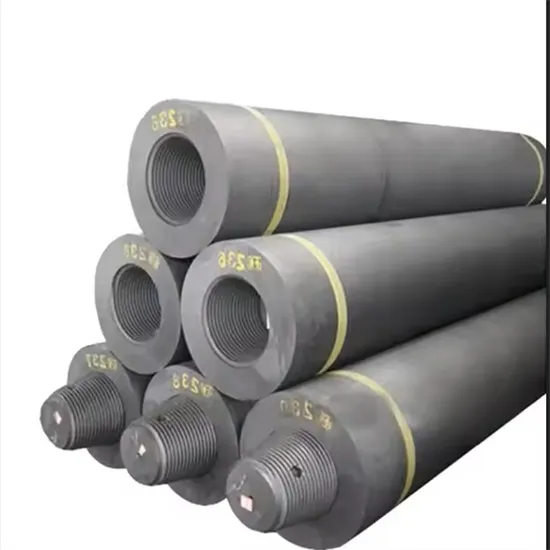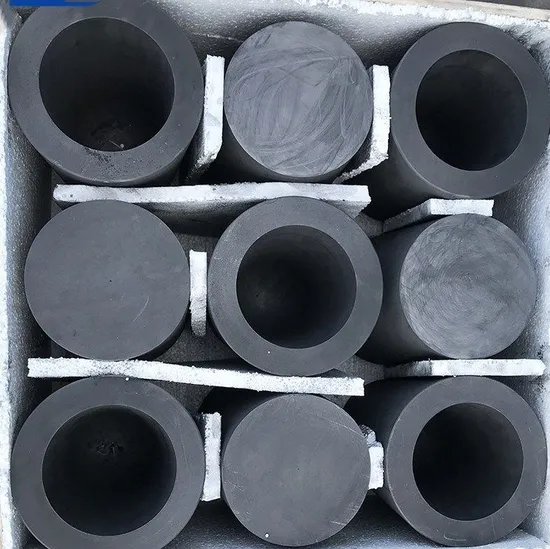- Englist


Main Uses of Graphite
Graphite is widely used in industrial, electrical, and high-temperature applications due to its excellent thermal conductivity, electrical conductivity, and heat resistance.
The primary use of graphite is in steelmaking, where graphite electrodes are essential for electric arc furnaces. It is also used in batteries, including lithium-ion batteries for electric vehicles. Graphite crucibles are crucial for metal melting, while graphite seals, bearings, and lubricants benefit machinery.
Additionally, graphite is a key material in nuclear reactors, aerospace, and electronics, making it indispensable in modern industries.
Graphite in Industrial Production
Graphite is a vital material used in the production of steel, batteries, lubricants, and high-temperature equipment.
In the steel industry, graphite electrodes are essential for electric arc furnaces. Lithium-ion batteries for electric vehicles and electronics also rely on graphite as a key anode material. Additionally, graphite crucibles are widely used for melting metals due to their heat resistance.
Graphite is also used in nuclear reactors, aerospace components, and semiconductors. Its applications extend to seals, bearings, and brake pads, where its self-lubricating properties enhance durability.
With its unique properties, graphite remains a crucial material in metallurgy, energy storage, and advanced manufacturing.










